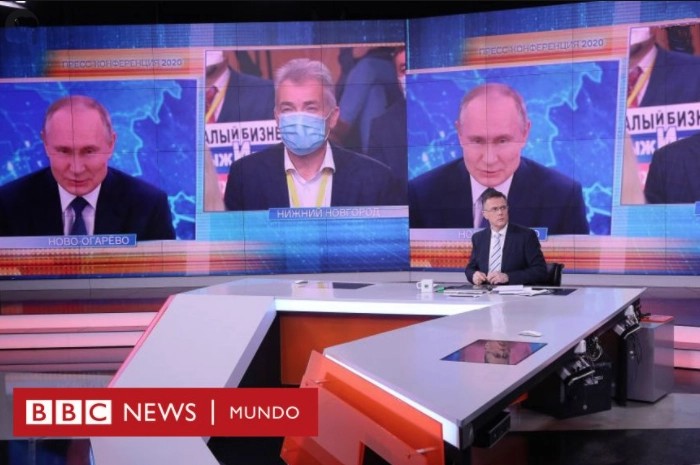How important is it to see the world according to your own eyes, rather than embracing others’ reading? With the invasion of Ukraine by Russia, news, magazines, and social networks were flooded with this subject. In a short time, expressions of dismay and empathy for those affected emerged in Brazilian society and in other Latin American countries. It also didn’t take so long for critics to remember that there are other wars that have not received the same attention or commotion. Yemen, Syria, the Central African Republic, as well as the socio-economically rooted conflicts in Latin America were often used as examples of selectivity.
Of course, all feelings of solidarity should be welcomed, even if this feeling does not occur on all occasions. However, one has to ask why the war in Ukraine impacts more part of society than other conflicts, including some that occur daily within one’s own country or region? Do we see the world with eyes borrowed from Europe or the United States?
In comparison with these conflicts mentioned, the war in Ukraine has obvious differences. It would be a mistake not to recognize the specificities of what is occurring. First, it involves Russia, which is a military and nuclear power, which gives this clash major destructive potential. Vladimir Putin’s decision to put the nuclear arsenal on alert suggests that an attack with weapons of mass destruction is not that far off.
There is also a powerful symbolic weight to the Russian-Ukrainian clash. Recent events rekindle the memory of the Cold War, which is clearly still alive in the collective memory, even though the collapse of the Soviet Union occurred more than 30 years ago. Thus, all the stereotypical propagandist images and readings that describe the struggle between good and evil emerge. Moreover, the ghost of communism is curiously still latent in the ideological disputes on the regional and national political scene in the 21st century.
The debates about the invasion of Ukraine in Brazil
The aforementioned specificities matter and help to understand how Brazilians see the conflict. But it is still insufficient. How to explain the predominance of analyses that almost exclusively blame Russia for the war? Or the effort to demonize Vladimir Putin? And the victimization of Europe? Little is said about the European action of insistently encouraging and fostering parties, institutions, and movements that opposed the rapprochement with the Russians. In December 2013, when the Ukrainian government decided on a trade agreement with Russia, to the detriment of the European Union, the uprisings that took over the country were influenced by Western countries.
This bias is also verifiable in the analyses of some experts. We insist on readings that Russia is isolated, when it is not. The 35 countries that abstained or the 4 that besides Russia (Belarus, North Korea, Eritrea, and Syria) voted against the UN General Assembly resolution condemning Russia’s actions hold more than 50% of the global population.
Some say that we are seeing the end of the world order. As we know, world order is composed of values, principles, rules, and institutions that determine the behavior deemed appropriate for international actors. The war in Ukraine is the result of a Russian pattern of behavior that comes into friction with another pattern of behavior: the expansion of Western influence and its institutions in the former Soviet zone of influence. This was the case in Georgia in 2008, in Crimea in 2014, and now in Ukraine. Moreover, the established order has been challenged other times, as in the U.S. invasion of Iraq in 2003, in nuclear proliferation by countries outside the Nuclear Non-Proliferation Treaty (NPT), and in numerous acts and speeches by Donald Trump when he was President of the United States. If we did not consider a new world order in these episodes, it is curious, to say the least, to state such a change now.
Maybe it is time to remember that the worldview that predominates in Brazil is not Brazilian. We read the international geopolitical game according to what we were taught. Our perception of the world, of principles, of values, as well as prejudices and stereotypes, reflects a history full of external influences. We attribute more or less importance to events according to the interest of other countries and other societies.
In International Relations, there is a structure of knowledge production that hinders the development of theories by authors from countries with less relative power. So, we import concepts, methodologies and readings thought by people in powerful countries to think about their reality. With this, we import ethnocentrism – not ours, but the ethnocentrism of others. This is nothing new, but our inability to overcome this barrier is surprising. In an increasingly globalized world, the development of a Brazilian worldview becomes to be fundamental to the construction of a project for a country. We need to start.
Translated from Portuguese by Janaína Ruviaro da Silva











